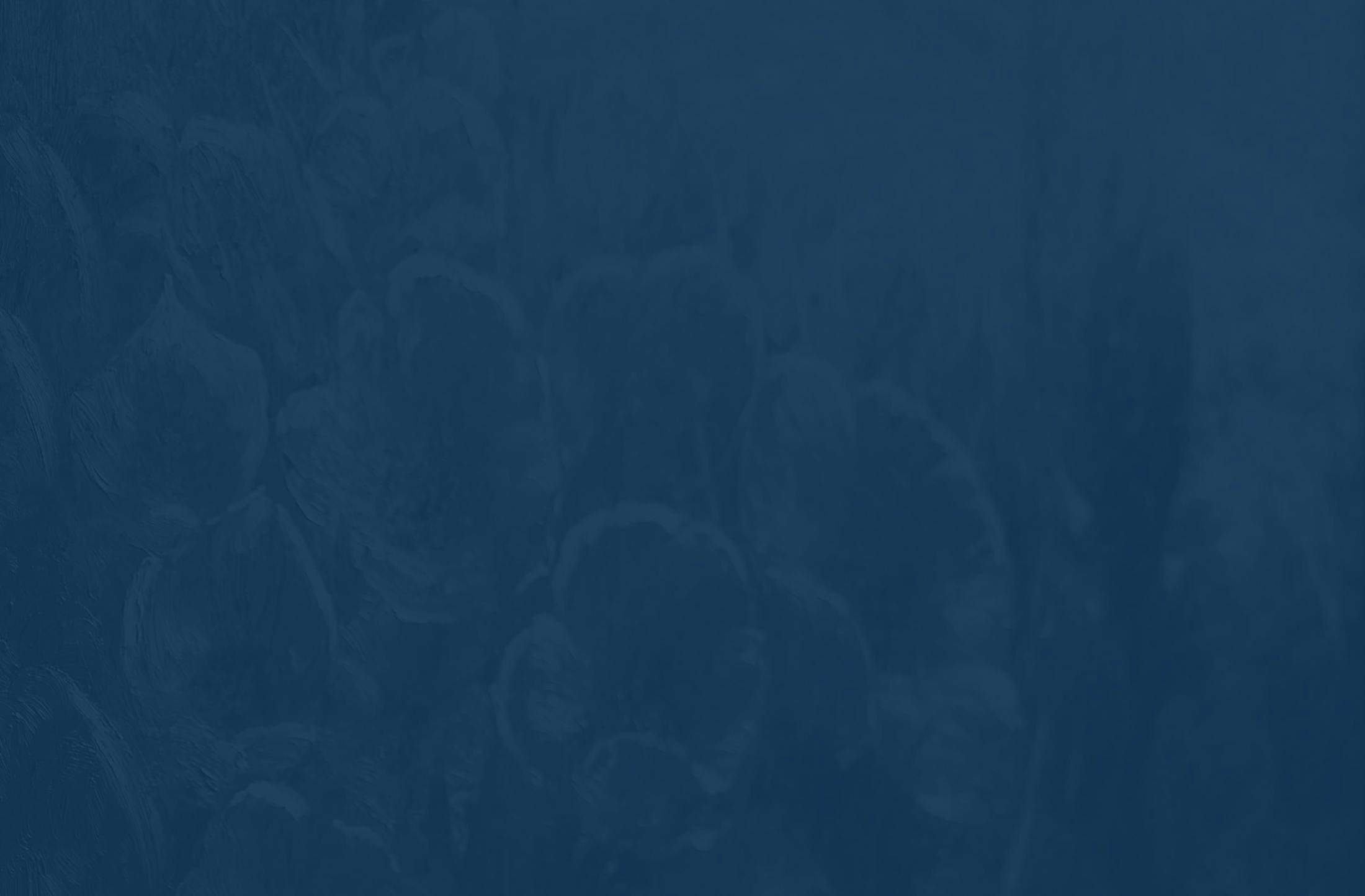Elderly individuals and other at-risk adults should be able to trust the nursing home and assisted living facility staff who care for them.


Nursing Home Abuse Lawyers in Federal Way
Providing Proficient & Compassionate Representation Since 1999
At Park Chenaur, we are committed to protecting the vulnerable. Elderly individuals and other at-risk adults should be able to trust the nursing home and assisted living facility staff who care for them. Unfortunately, 1 in 10 Americans aged 60+ have experienced some form of elder abuse, and another study demonstrated that just 1 in 14 cases of abuse is reported to authorities. If you decide to admit an elderly loved one to a nursing home in Federal Way, the least you should be able to expect is that certain standards of care and safety are met. Unfortunately, nursing home abuse and negligence is more common than people expect in Washington state – from the intentional abuse of a resident by a member of staff or another resident to unintentional negligence due to understaffing. Regardless of whether the abuse or negligence is intentional or not, it should not be tolerated. According to Washington state’s Vulnerable Adult Protection Act, all nursing home residents have the right to be “free from verbal, sexual, physical, and mental abuse, corporal punishment, and involuntary seclusion”. Fortunately, victims and their families can hold nursing homes liable for negligence or elder abuse with the aid of an experienced lawyer. At Park Chenaur, our nursing home abuse & negligence lawyers in Federal Way can help you put a stop to a loved one’s suffering and/or file a claim for compensation against a nursing home for abuse or negligence.
What are the most common forms of nursing home abuse and negligence?
According to the Nursing Home Abuse organization, almost one-quarter of residents in nursing homes experience at least one instance of physical abuse during their stay. However, only around one in 14 incidents of abuse are reported. Embarrassment, fear of retaliation or other reasons could prevent a resident from reporting abuse. The Aging and Long Term Support Administration (ALTSA) in Washington identifies the following types of abuse as the most common for residents of nursing homes:
Physical Abuse
Physical abuse is one of the most obvious signs of abuse and is defined as:
“the willful action of inflicting bodily injury or physical mistreatment” including “striking with or without an object, slapping, pinching, choking, kicking, shoving, or prodding.”
It can also include the improper use of physical restraints.
Typical signs:
- Unexplained injuries
- Signs of being struck or restrained
- Too much or too little medication
- Sudden behavioral changes
Sexual Abuse
This is more common in nursing homes than most people like to think but it is defined as:
“any form of nonconsensual sexual conduct, including but not limited to unwanted or inappropriate touching, rape, sodomy, sexual coercion, sexually explicit photographing, and sexual harassment.”
Typical signs:
- Bruising around the breasts or genitalia
- Unexplained infections
- Anal or vaginal bleeding
- Torn, stained, or bloody underwear
Mental or emotional abuse
This can be more difficult to identify than physical abuse but still constitutes abuse. It is defined as:
“a willful verbal or nonverbal action that threatens, humiliates, harasses, coerces, intimidates, isolates, unreasonably confines, or punishes a vulnerable adult” including “ridiculing, yelling, or swearing.”
Typical signs:
- Emotional agitation
- Withdrawal from communicating
- Unusual behavior (often attributed to dementia)
- Nervousness or fear around certain individuals
Neglect
Neglect involves an absence of action and is defined as:
“a pattern of conduct or inaction by a person or entity with a duty of care that fails to provide the goods and services that maintain physical or mental health of a vulnerable adult, or that fails to avoid or prevent physical or mental harm or pain to a vulnerable adult; or (b) an act or omission by a person or entity with a duty of care that demonstrates a serious disregard of consequences of such a magnitude as to constitute a clear and present danger to the vulnerable adult’s health, welfare, or safety.”
Typical signs:
- Dehydration
- Malnutrition
- Poor personal hygiene
- Poor general health
- Unsafe or unclean living conditions
Abandonment
Abandonment is a serious form of neglect involving:
“action or inaction by a person or entity with a duty of care for a vulnerable adult that leaves the vulnerable person without the means or ability to obtain necessary food, clothing, shelter, or health care.”
Abandonment usually occurs when a resident is left alone in a public place or unattended in their room for a lengthy period. Nursing home abuse and negligence takes many forms. Perpetrators may be staff, other residents, contractors or even guests and the signs of negligence and abuse vary greatly from victim to victim.
Wrongful actions can range from obvious harmful actions against a resident to a failure to adequately care for a resident’s needs. If your loved one is in the care of a nursing home, it helps to pay regular visits and keep an eye out for the typical signs of abuse and negligence.


Who is the most at risk of nursing home abuse?
Residents of nursing homes are often old and frail, meaning that they are already vulnerable to neglect or abuse.
However, certain factors can increase the risk, including:
- Physical or mental illness: many elderly people generally require additional care and attention due to physical or mental illness (especially dementia).
- Disability: some people prey on weakness and elderly people with disabilities are amongst the most vulnerable individuals in society.
- Isolation from family: if family members do not visit regularly, it can place elderly loved ones at greater risk of abuse or neglect – because nobody is visibly checking on the wellbeing of their loved one or holding the nursing home accountable.
- Overworked or poorly trained staff: lack of appropriate staffing numbers or poor training can lead to staff burnout or mistakes being made, increasing the risk of abuse or negligence. This is no excuse – it is the responsibility of the nursing home to meet its duty of care.
What damages can be claimed for nursing home abuse?
If you or a loved one has suffered physical, mental or emotional injury as a result of nursing home abuse, you can pursue damages against the nursing home under either Washington state law or common law. You can seek both economic (“special”) damages and non-economic (“general”) damages. Claimable economic damages include:
- Medical bills
- Costs of relocation
- Physical or mental health therapy
- Reimbursement for lost property, if applicable
- Attorney fees
Claimable non-economic damages include:
- Pain and suffering
- Loss of consortium/companionship or a parent-child relationship
- Damage to quality of life
Damages may be paid as a lump sum or over time, depending on the nature of the case. Most cases are, however, settled out of court and, at Park Chenaur, an experienced nursing home abuse lawyer will look to negotiate a settlement with the nursing home on your behalf. Are there whistleblower rights in Washington for reporters of abuse? Even if there is no legal right to report nursing home abuse, there is certainly an ethical responsibility to do so. Washington’s vulnerable adult protection laws protect whistleblowers from retribution from employers. The staff of nursing homes should have no fears about reporting any abuse or negligence that they witness.











